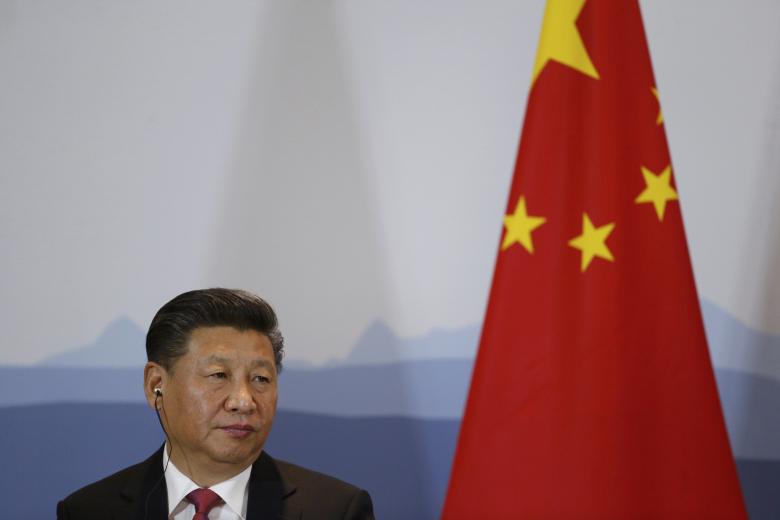Chinese think tanker on Japanese motives in South China Sea
Top politics and current affairs news for April 11, 2017. Part of the daily The China Project news roundup "Big bucks for catching spies in Beijing."

Chen Xiangmiao 陈相秒 is an assistant research fellow at the China National Institute for South China Sea Studies 中国南海研究院, a government-funded think tank that “specializes in research on issues of the South China Sea,” and issues policy guidance papers. He has published an article on China-U.S. Focus that explains one Chinese view in policy-making circles about Japan’s interests in the South China Sea.
Although China’s territorial disagreements with Japan are in the East China Sea — most famously over whether an island group in waters between the two countries is the Japanese Senkakus 尖閣諸島 or the Chinese Diaoyu 钓鱼岛 — Japan also has interests in the South China Sea.
Chen writes that Japan’s top concerns in the South China Sea are, in abbreviated form:
The sea is an important piece in Japan’s strategic game to contain China.
The sea is Japan’s “maritime lifeline” for resources and energy security.
The sea is a vital geopolitical arena for Japan in its pursuit of strategic expansion.
Chen’s analysis concludes that these concerns mean that “Japan’s interference in the South China Sea is likely to heat up in the foreseeable future,” and that “China and the ASEAN countries should watch out for Tokyo’s actions in the South China Sea and take anticipatory measures to protect the hard-earned détente in the region.”
-
Gong Zheng, veteran ally of Chinese President Xi Jinping, named acting governor of Shandong / SCMP
“Office had been left vacant since Guo Shuqing departed for Beijing to head the country’s top bank regulator in late February.” - China opens delayed Myanmar oil pipeline to get Mideast crude faster / Bloomberg
- Burn after reading: Snowden documents reveal scope of secrets exposed to China in 2001 spy plane incident / The Intercept
- China draft cyber law mandates security assessment for outbound data / Reuters
- Corruption at top rung of China’s ancient petition system sparks calls for reform / Reuters
- North Korean ships head home after China orders coal returned / Reuters
- Amnesty criticizes ‘rogue state’ China as global death penalty toll falls / The Guardian
- China is most likely to execute a farmer, or someone who doesn’t have a job / Quartz






